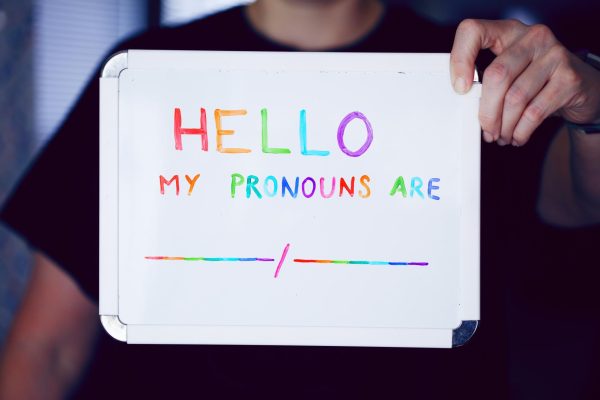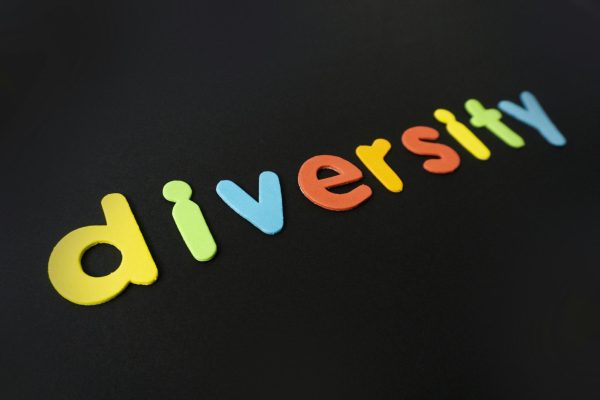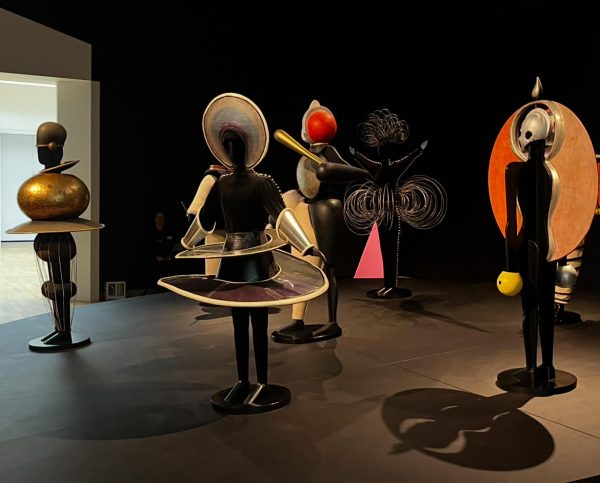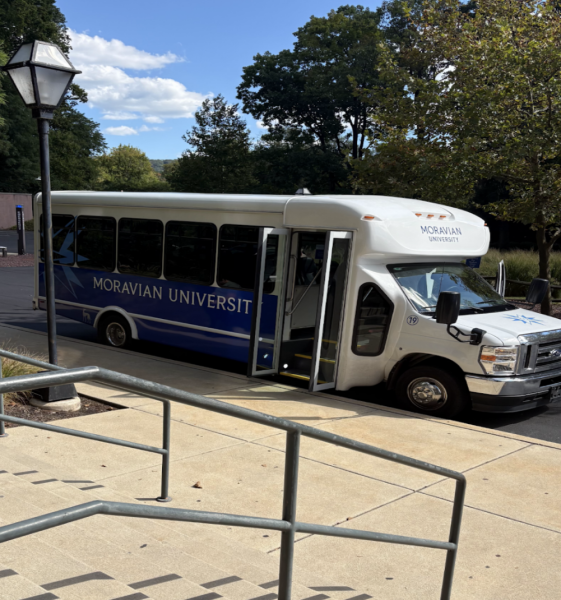English Major Misconceptions
Whenever I tell people I’m an English major, they often have one of four responses: “Oh, do you want to be a teacher?” “You know that doesn’t make any money and will get you nowhere, right?” “That’s the easiest major” or “What jobs are there for English majors?”
Despite my overarching desire to respond with a snarky comment, I calmly chuckle and move on through the awkward conversation. This scenario happens to me more than I can count on both of my hands, and I am tired of it.
The study of English gains you skills that are useful and often necessary for any job. Science, math, health, politics, business, and practically any other profession demands some sort of writing. Oral and written communication is one of the most important skills a person can learn, and people who carry these skills go further in life.
There are countless jobs that a person can get with an English major besides teaching. If you want to be a teacher, great! But teaching’s not for everybody. English majors can become digital copywriters, editorial assistants, magazine or newspaper journalists, authors, copy editors, marketing writers, reporters, public relations writers, bloggers. The list goes on and on.
Also, people don’t seem to understand that English does not equal teaching. Getting an English degree does not qualify you to become a teacher; that’s a whole other certificate!
According to the National Association of Colleges and Employers, in 2014 newly graduated English majors had an average starting salary of $33,574. As of May 2014, the national mean annual salary was $47,230 for all occupations regardless of level, according to the United States Department of Labor. So go on, tell me that I won’t make a living with my degree. The statement of a major not making money can be applied to any degree, whether it is in physics or political science. It’s not a matter of what major you choose, it’s what you decide to do with it and work towards.
Getting an English major is not as difficult as a biochemistry or medical degree, I will admit. But do you have daily homework that includes reading a complete Shakespeare play in one night, writing two or three 12-15 page papers at a time plus annotated bibliographies, analyzing the language and meaning of Harlem Renaissance poetry, and reading 50 pages on MLA format? I didn’t think so. Not to mention that our writing styles have to account for the professor or genre of writing, since there’s no correct way to write. Now tell me that my major is easy.
People should be able to pursue whatever they are passionate about, and for me that is English. Just because I don’t spend my time dissecting cats or solving quadratic equations doesn’t mean I have it easy. There needs to be more respect and praise for English majors and less judgment and rude comments. I’m happy with my choice. I hope you are, too.













Steve Simmons • Apr 7, 2017 at 3:42 pm
Thanks for a thoughtful piece (incidentally, many of the same things could be said about philosophy majors, whose analytical thinking skills translate nicely into all kinds of other fields; a friend who works for the Chicago Board of Trade once told me that his three most recent hires had all been philosophy majors). Speaking as a member of the honorable tribe of English majors, I’d also note that to read a work of literature with any degree of understanding, it’s essential to know something about the social and historical context in which it was both written and set, and to be able, at least to some degree, to put oneself in the shoes of the various characters. Depending on the genre, one can also learn an awful lot about everything from Renaissance painting to psychology to forestry to the history of science, etc. etc. It could be argued that it’s the closest thing to a “general education” that we still have.